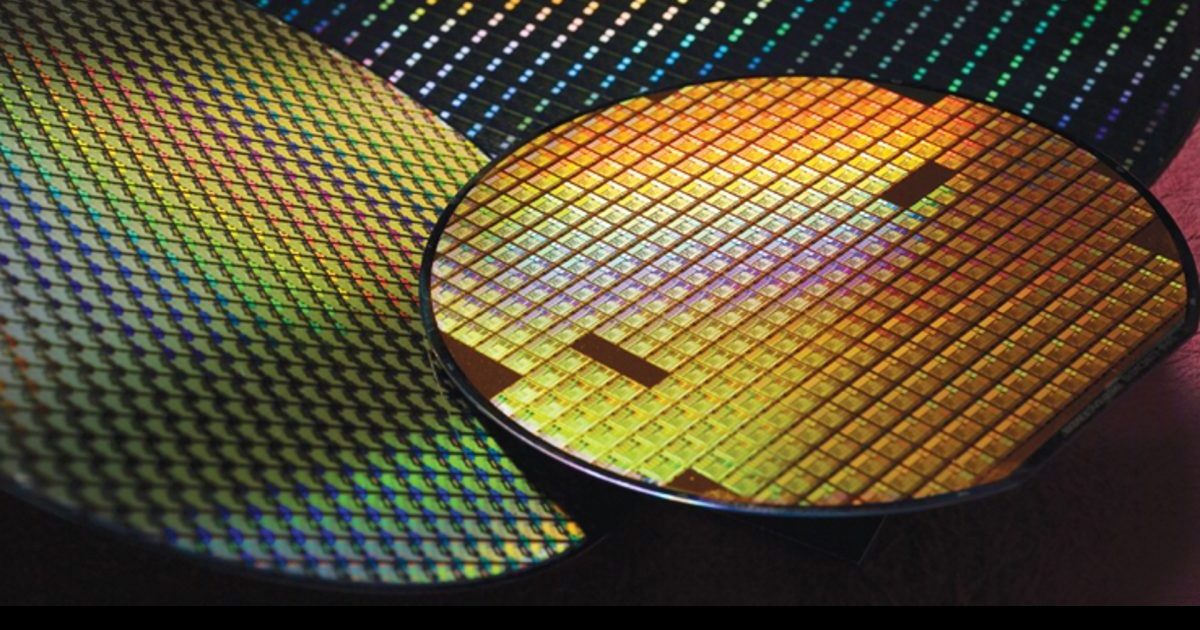This week, the Taiwan Semiconductor Manufacturing Company (TSMC), Apple’s key chip supplier, will begin mass-producing 3nm chips. Apple is the main user of the new process, which could initially be applied to future M2 Pro chips that are anticipated to power updated MacBook Pro and Mac mini models.

Apple Silicon chips for 2023 Macs and iPhones to be based on TSMC’s 3nm process
In accordance with previous rumors that stated 3nm mass production will start later in 2022, a new report from DigiTimes claims that TSMC is will begin mass production of its next-generation 3nm chip technology on Thursday, December 29.
TSMC is scheduled to hold a ceremony at Fab 18 at the Southern Taiwan Science Park (STSP) on December 29 to mark the start of commercial production of chips using 3nm process technology. The pure-play foundry will also detail plans to expand 3nm chip production at the fab, according to sources at semiconductor equipment companies.
Apple’s M2 chip is based on the 5nm process. If its new Macs feature chips based on the 3nm process, there is going to be a significant improvement in performance which would be impressive considering the glowing reviews the M1 chips and the M2 chip have gotten thus far. Apple also plans to release several new Macs in 2023 with the M2 Pro and M2 Max chip options including the long-awaited Apple Silicon Mac Pro, updated 14 and 16-inch MacBook Pro models, and a refreshed Mac mini.

In addition to the tech giant’s third-generation Apple Silicon chips being based on the 3nm process, the A17 Bionic chip for the 2023 iPhone 15 lineup is expected to be based on TSMC’s enhanced 3nm process. Currently, Apple recently re-used TSMC’s 5nm process for the A15 chip in iPhone 14 and iPhone 14 Plus, and the 4nm process for the A16 chip in iPhone 14 Pro and iPhone 14 Pro Max.
TSMC initially planned to expand the production of its 3nm chips earlier in the year. However, there was an issue with Intel that forced TSMC to slow down production. Subsequently, the chip supplier had to adjust equipment orders for 2023 and adjust the scale of its CapEx planning for 2023, which is now expected to be lower than in 2022.
Read more: